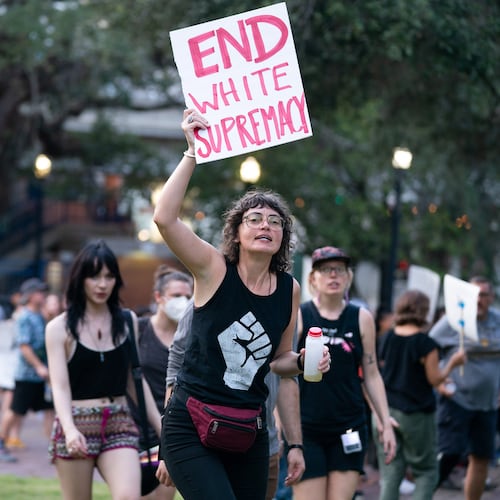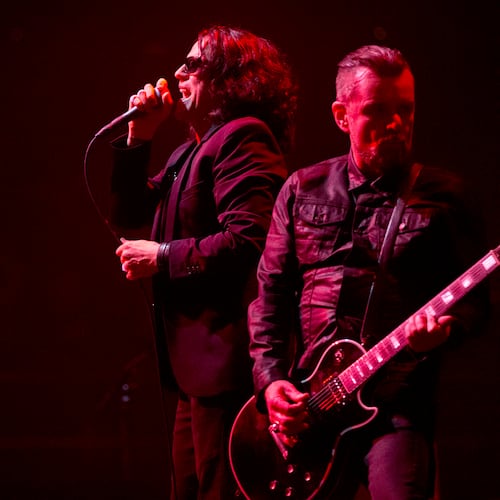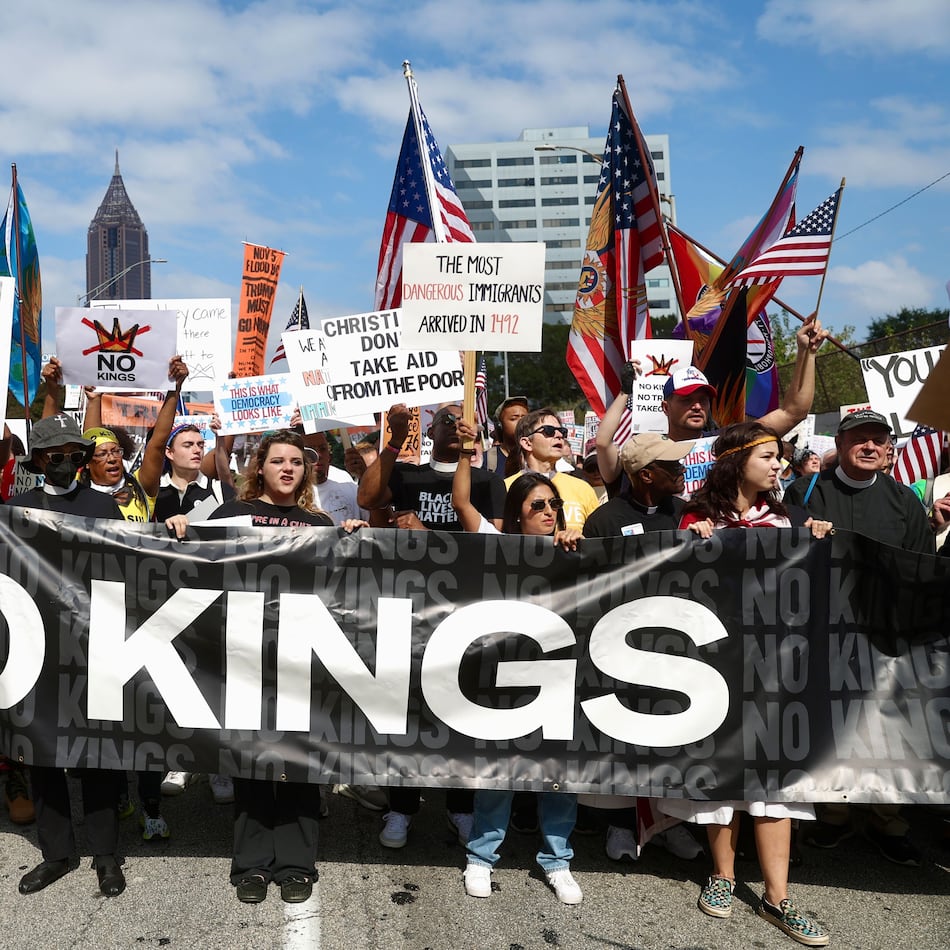Prompted by reports about slavery-related materials being removed from National Parks, I wrote a Bookshelf column last month about the importance of books to educate us when gatekeepers attempt to erase history. I recounted having learned little to nothing about slavery while growing up in the South attending public schools and how essential books like Colson Whitehead’s “The Underground Railroad,” Tiya Miles’ “All That She Carried” and “Tracey Rose Peyton’s “Night Wherever We Go” were to my education on the topic.
Apparently, I hit a nerve because the reader response was considerable. I was truly moved by the passion readers expressed on the topic. Many of them shared similar experiences to mine growing up in the South and made their own excellent book recommendations. With their permission, I give them the floor this week.
“Your column in today’s AJC could be an entry in most of my friends’ and my journal on being children of the Southland,” wrote Syd Janney. “‘Gone With the Wind’ was the Bible (and we all went to church) of understanding the legacy of the Old South, and the raw sexual energy between Rhett and Scarlet didn’t hurt making it a young girl’s first romance novel, too. But it was as late as college when I finally began to understand the true history of both my own family and my region in regard to the great whitewash.”
To “fill in the gaps of our stilted and one-sided views from dominant culture’s hold,” Janney recommended reading books by Colson Whitehead, Sue Monk Kidd, Zadie Smith and James McBride.
“I, too, experienced this lack of education in (the) 1970s in Birmingham’s (Alabama) public schools,” wrote Jennifer Ellen French. “I’m now reading Rep. John Lewis’ memoir (“Walking with the Wind”) and can’t put it down. I hope you’ll find a way to write a column about nonfiction books written by those who lived in and led the Civil Rights movement. We have so much yet to learn!”
Credit: The New Press
Credit: The New Press
I have to thank reader Pam Fleming for recommending a book not previously on my radar that I’m eager to get my hands on: “Lies My Teacher Told Me” by James Loewen. Originally published by The New Press in 1995 and updated in 2018, the book dismantles falsehoods found in leading high school textbooks on a range of topics, including the American Revolution, the first Thanksgiving and the Vietnam War’s My Lai massacre.
“What made, and can still make, America exceptional is a willingness to do the hard work of owning and learning from mistakes, searching out the facts and relying on actual data for decision making,” writes Fleming. “We are not our best when important decisions are made based on who whines, pounds the table and demands revenge the loudest.”
Reader Nowell Briscoe shared a long, thoughtful letter about his own whitewashed history lessons growing up in Monroe. He recommended two interesting titles I’ve added to my reading list: Elizabeth Fox-Genovese’s “Within The Plantation Household: Black & White Women in the Old South” (University of North Carolina Press, 1988) and Edward Ball’s “Slaves in the Family” (Yale University, 1998).
Credit: University of North Carolina Press
Credit: University of North Carolina Press
One thing I failed to mention in my original column was that I attended primary and secondary school from 1964-1975, and my educational experience is representative of that era. I was happy to hear from a Lilburn reader who graduated from high school in 1980 that things began to change soon after I graduated. She recalled working on a Harriet Tubman project in 5th grade and learning about slavery in various classes throughout high school.
Meanwhile, Jim Roark, professor emeritus of American history at Emory University, wrote to point out that our own stories — not just those that we read — have merit, too.
“Books like the ones you mention are crucial to preserve our history and to ‘humanize’ stories that are so different than our own,” he writes, “but you remind me that also important are personal testimonies like your own that explain that you came to grips with slavery outside of school, largely on your own. I fear that we may soon be back in that age of denial, and your experience will be more pertinent than we wish.”
Suzanne Van Atten is a book critic and contributing editor to The Atlanta Journal-Constitution. She may be reached at Suzanne.VanAtten@ajc.com.
About the Author
Keep Reading
The Latest
Featured





